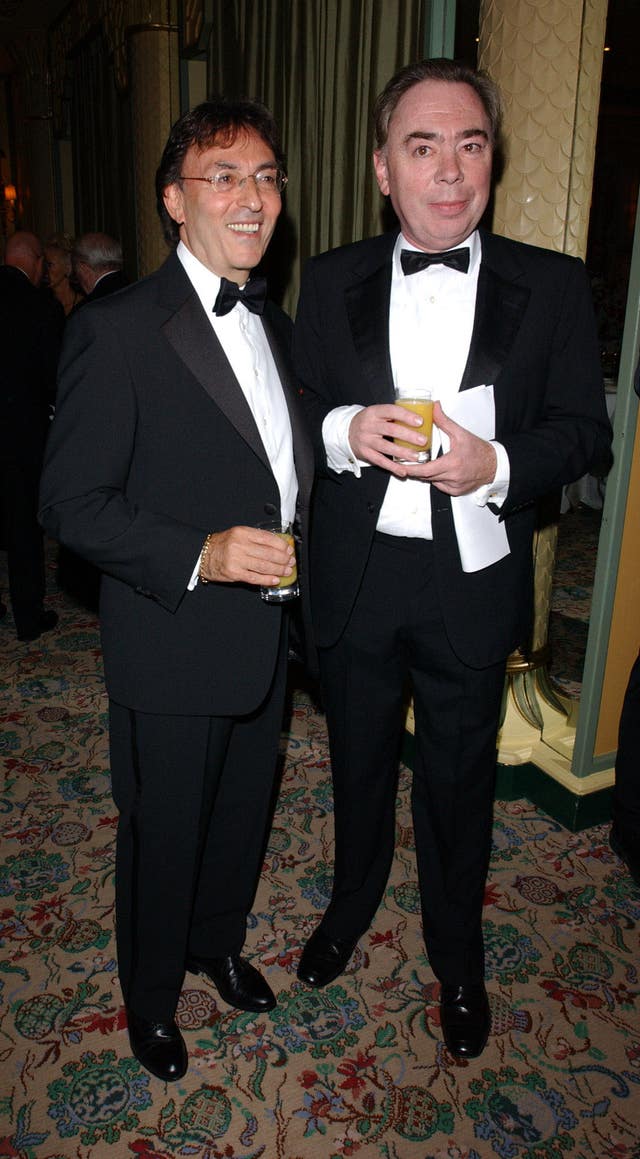Lyricist Don Black opens up following death of wife of 60 years
The music industry veteran has worked with stars including John Barry and Michael Jackson.

Oscar-winning lyricist Don Black has said he is unable to throw out some of his late wife’s most trivial items two years after her death.
The 82-year-old’s wife of 60 years, Shirley, died in March 2018 following a short illness.
Black, who has worked with John Barry, Andrew Lloyd Webber, Sir Van Morrison and Michael Jackson across a 60-year career, said he had kept many of her notes at their home.

He told Radio Times: “Unless you’ve known the grief of having a partner die after being together so long, there’s nothing to say.
“When you’ve been married that long, you become one.
“I still can’t throw her notes away: ‘Must buy bananas’, ‘Get avocados’.
“One of the hardest things has been writing a song and not letting her hear it first.
“The first thing I wrote after it happened was for (the Channel 4 animation) The Tiger Who Came To Tea.
“I was dying to sing it to her, because she would just close her eyes and hang on every word.”
He added: “I do feel she’s still here, because she is so much in me and our two sons.”
Spurred on by the death of his wife, Black is releasing his memoir, The Sanest Guy In The Room.
He added: “I know Shirley would say, ‘You need to keep busy and get on with your life’, so I kept writing this thing.
“It was really cathartic.”

Black contracted coronavirus in May and spent nine days in an isolation ward at Chelsea and Westminster Hospital.
When he was discharged the staff sang him out with a rendition of Born Free, his Oscar-winning theme to the 1966 film of the same name.
He said he “feels terrific, back to my old self.
“It took me four weeks to feel a lot better, and eight to feel really good.
“The NHS are so brilliant, they took all the terror out of it by being so compassionate.
“The nurse held my hand and said, ‘You’re doing well, don’t worry’.
“I never felt it was touch and go, but I realised afterwards that I was lucky to come through.”
Read the full interview in Radio Times.




